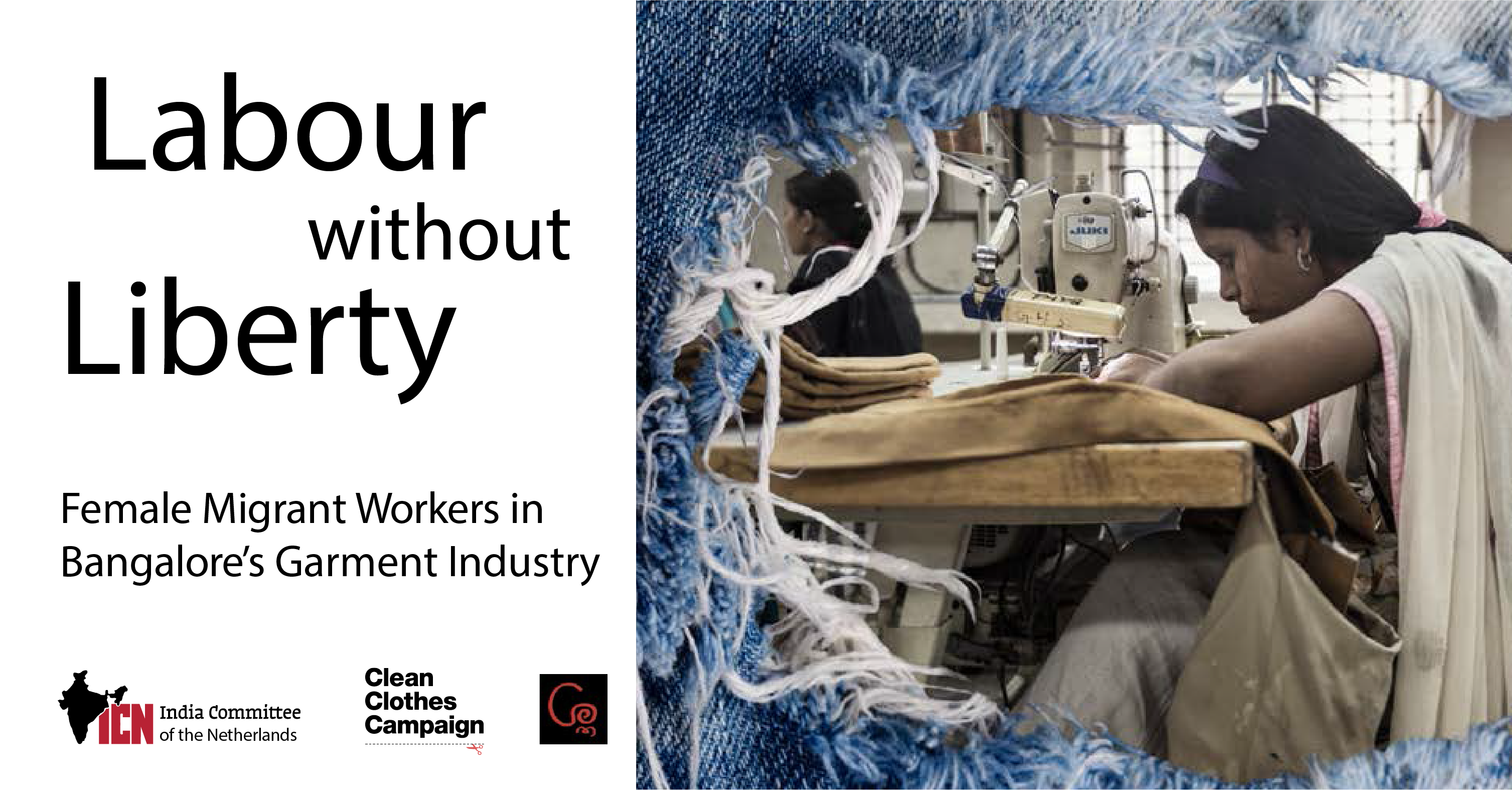Author:
Melani Cammett, Professor
2006
“Development and the Changing Dynamics of Global Production: Global Value Chains and Local Clusters in Apparel Manufacturing.” In Competition and Change 10, no. 1 (March 2006): 23-48.
Abstract
Focusing on the apparel industry, this article contends that the global manufacturing context increasingly obliges developing countries to construct or promote regionalized production sites aiming to capitalise on local institutional assets. The dissemination of standardised business practices and procedures by leading multinational firms to their main suppliers has played a critical role in driving this trend. Changes in recent decades in global apparel production as well as new, high-tech systems of supply-chain management are compelling retailers to source from local ‘clusters’ of interrelated firms and institutions. At the same time, this trend may contradict the key contentions of the locally-oriented cluster approach because the adoption of similar apparel contracting, assembly and delivery procedures in diverse developing regions can undercut the logic of emphasising local institutional assets. The rising importance of inter-linked clusters in the global apparel industry supports theoretical conceptualisations that integrate the global value chain and cluster perspectives and delineates how the spread of similar logistics and supply chain management practices by multinational retailers and buyers shape development strategy and, therefore, development prospects.
 CPD RMG Study Stitching a better future for Bangladesh
CPD RMG Study Stitching a better future for Bangladesh



